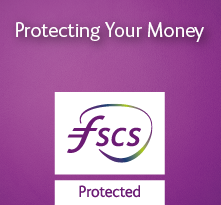Protecting your home from Property Fraud
What is property fraud?
Property fraud can happen in various ways. Fraudsters may attempt to acquire ownership of a property by impersonating the owner whose name is held by the Land Registry and forging their signature to transfer the property into their own name. Or, they could raise money by mortgaging the property without the owner’s knowledge and disappear without making repayments, leaving the owner to deal with the consequences.
There is an increased risk of property fraud when:
- a property is empty (e.g. because the owner spends time abroad or is in a nursing home)
- a property is tenanted
- a property has no mortgage
Homeowners can minimise the risk of property fraud by taking the following steps:
- placing a restriction on the Land Registry’s register – owners can help prevent a third party from selling or mortgaging their property/land, by requiring the conveyancer to certify that the person who executed the conveyancing document is the same person as the registered owner
- keeping contact details up to date – this means the Land Registry can contact owners promptly by post, email or at an address abroad, upon receipt of an application regarding their property
- registering the property with the Land Registry, this provides official proof of ownership
For further information, please visit the Land Registry’s website.
Homeowners who are concerned their property might be subject to a fraudulent sale or mortgage can speak to specially trained staff on the Land Registry’s property fraud line – 0300 006 7030. The line is open from 8.30am to 5pm Monday to Friday.






